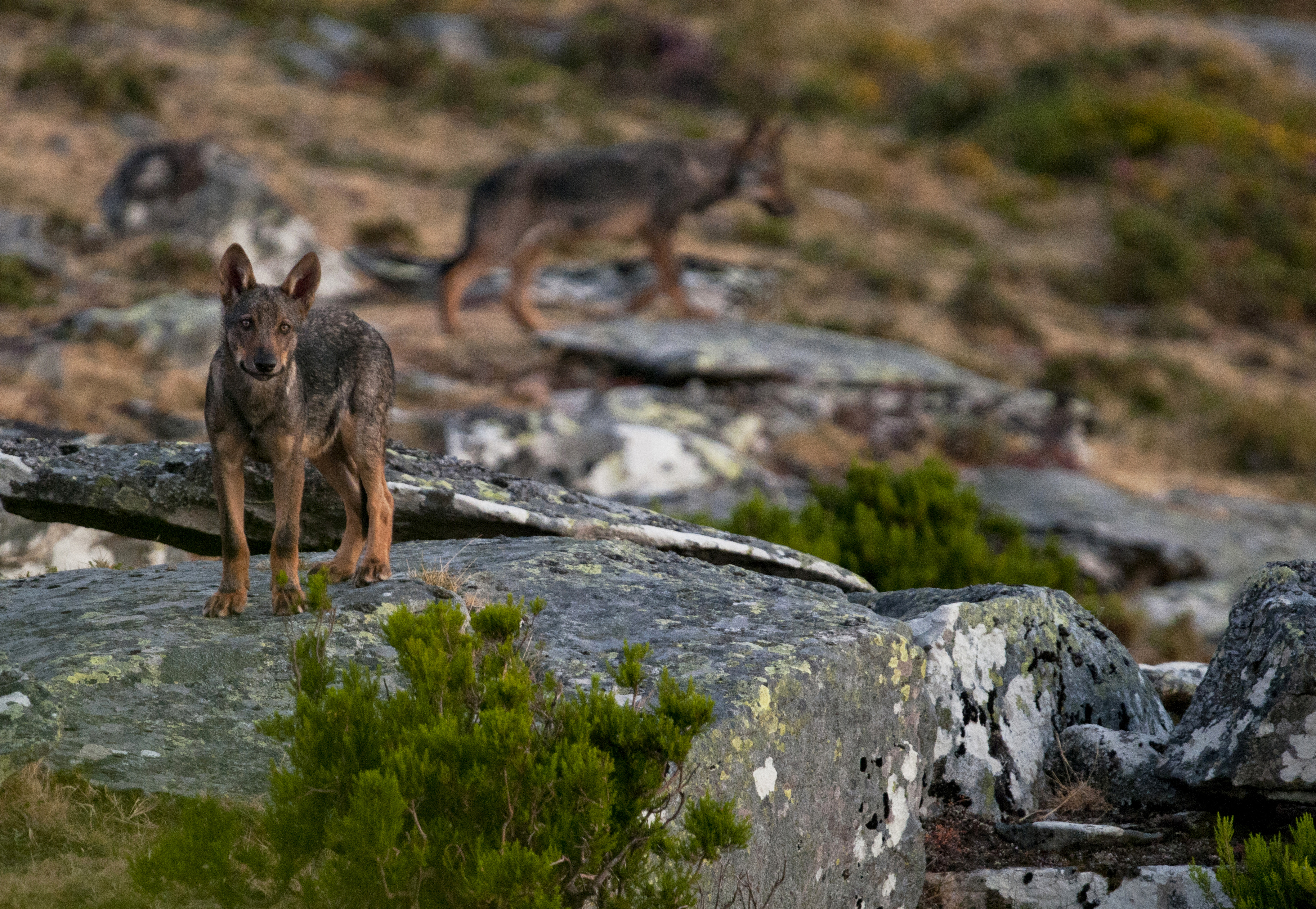Rewilding Portugal requested the publication and diffusion of this right of reply in Correio da Manhã (written version) and CMTV (television version), regarding a fallacious news/reportage published in these media on the 4th of March 2023, which we hereby publish.

Rewilding Portugal hereby requests the publication and broadcast of this right of reply in Correio da Manhã (written version) and CMTV (television version), regarding a fallacious news story published in these media on March 4th, 2023.
This news story, written by José Luís Oliveira, deals with an alleged wolf attack on a flock of sheep in Castro Daire, in the district of Viseu, mentioning, in written form, that “The wolves would have been placed in the Montemuro Mountains to spread the species”. In addition, the journalist himself mentioned in the television report made on the spot that “a group of wolves have been placed here in the Serra de Montemuro” and also that “There are those who place wolves here because they say it is a species that needs to be spread, but in a way they promote the wolf and kill the sheep”.
Rewilding Portugal repudiates all these statements and statements made by the journalist in question, who shows throughout this piece that he has not done any kind of preparation or verification of facts, making very serious statements and even of technical and specialized content without any domain on the subject.
Rewilding Portugal reinforces the fact that, in Portugal, there has NEVER been a reintroduction of a single Iberian wolf in the wild to date, and there is no organisation or project working towards this end. The Institute for Nature Conservation and Forests (ICNF) itself, responsible for regulating any and all reintroductions in Portugal, can confirm that this has never been carried out in our country and that all conservation projects related to the Iberian wolf, as is the case of LIFE WolFlux managed by Rewilding Portugal, and which has a letter of support from ICNF itself, do not have any type of reintroduction of the Iberian wolf planned in their implementation. Furthermore, there are official and formal procedures to verify whether an attack is an attack of Iberian wolves or dogs, whether they are feral or not. Therefore, stating that it was an attack of Iberian wolves without checking whether the official procedures were followed or inquiring the competent government entity was the wrong approach to the subject. The fact that the piece did not present (or request) any information from specialists in the area and experts on the species and on this type of attack is also a breach of the deontological code and of good journalistic practices. In areas without presence of the Iberian wolf, dog attacks on livestock are recorded every year and even in areas of presence of the Iberian wolf there is a large overlap between dog and wolf attacks. In a study conducted by the University of Aveiro, Rewilding Portugal and Zoo Logical, on attacks on cattle in the regions of Guarda, Viseu and Aveiro, where the presence of dog and Iberian wolf was genetically analysed in the injuries of the animals attacked between 2019 and 2021, it was found that in 62% of the attacks only the presence of dogs was confirmed.
That being said, LIFE WolFlux and other Iberian wolf conservation projects that exist in Portugal have been supporting this species not through its reintroduction, but through the improvement of subsistence and coexistence conditions so that it can thrive: restoration of refuge habitats for the wolf and its prey (in partnership with different hunting associations), integration of livestock dogs and installation of wolf-proof fences (fixed and electric) to increase livestock protection and reduce the number of livestock attacks.
Rewilding Portugal has therefore played an active and important role in improving coexistence between local populations and the Iberian wolf, participating actively in reducing the number of attacks and mitigating their impact, advising, whenever necessary and requested, producers on the bureaucracy inherent in the process of declaring and compensating for losses. This work has been going on for four years and has had very positive results, and this news, without any verification of facts and totally fallacious and sensationalist, has called into question, trying to create fear and fear among cattle farmers and thus compromise so many years of work in the protection of this species in Portugal.
Moreover, by calling into question the work on the ground carried out by organisations such as Rewilding Portugal in this area, this round of unfounded and very serious accusations is also an attack on the technicians of our organisation who are on the ground every day working to improve this coexistence and who, with this type of news, may suffer reprisals in the exercise of their functions, just because of the disinformation broadcast in a national media organ.
Therefore, Rewilding Portugal requires the publication of this right of reply by the media organization in question and deeply regrets that, in a media organization that has national responsibilities as it is one of the most read and heard in our country, news are published that present such ignorance and misinformation and that put in question the work of conservation of a species that has been developed, as happens in this case. We reiterate that not everything can be valid in these cases.